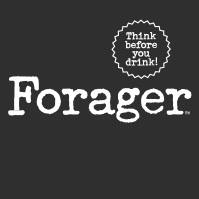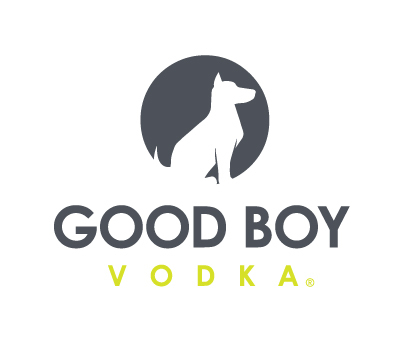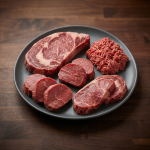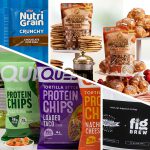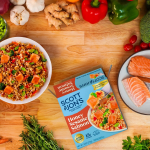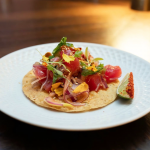The Checkout: FMI Illustrates COVID-19’s Effect on Grocery Prices; Forager Project Works to Mobilize Voters
Welcome to The Checkout: an express lane for the weekly news you need to know, always 10 items or less.
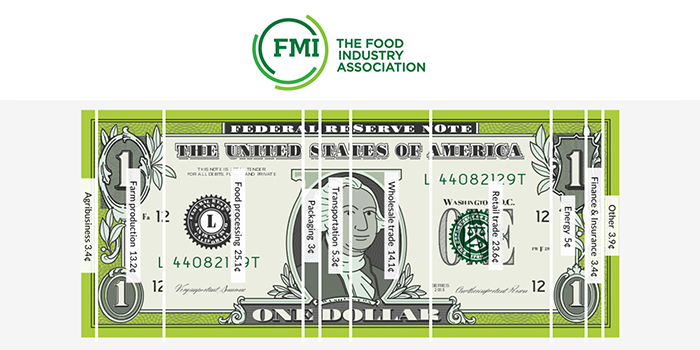
FMI Tries to Show Consumers COVID-19’s Effect on Grocery Prices
FMI (The Food Industry) Association yesterday launched a new interactive feature illustrating the impact of COVID-19 on grocery prices. The organization found that COVID-19 was responsible for four major changes — a rise in at-home eating, a drops in foodservice sales, an increase in production costs and an increase in grocery retailer operating costs.
The report found that these rising costs across the supply chain resulted in a 5.6% increase in grocery prices from June 2019 to June 2020, exceeding the average yearly price inflation rate for food. Supermarket operating costs were up 7.9% in April (the largest monthly increase since February 1974) and 6.7% in May, due to adjustments made for COVID-19, such as plexiglass barriers, markers for social distancing and the shut down of hot food delis and salad bars. These investments in safe food production processes, combined with increased employee turnover and additional staff training costs, also contributed to the grocery price spike, as did expedited transportation of grocery products which were subject to consumer stockpiling.
Though brands may find this data, and the interactive website, useful, FMI’s larger goal is to educate consumers about how food prices are determined, and assure them that cost increases are a result of increased expenses across the food supply chain and are not intended to increase retailer profits, Leslie G. Sarasin, president and CEO of FMI, said in a press release.
“The food industry is sensitive to the fact that American consumers remain highly concerned about COVID-19 and food sourcing – but appear to be acquiring more confidence,” Sarasin said. “Our research indicates there will continue to be a higher level of retail-sector food spending for the foreseeable future as home cooking displaces spending on foodservice.”
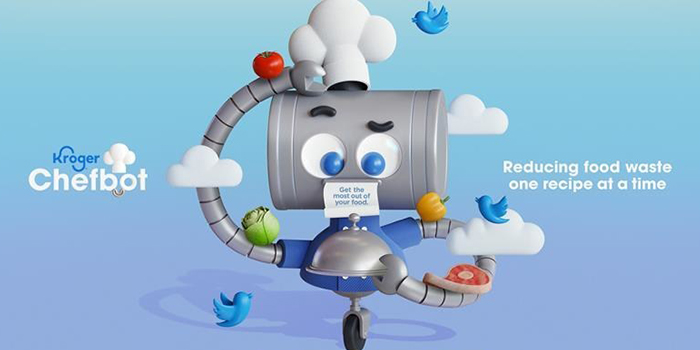
Kroger Launches New Innovations to Address Food Waste, Appeal to Plant-Based Shoppers
As consumers shop more online, The Kroger Co. is seeking to differentiate itself by capitalizing on recent consumer trends around sustainability. This week the grocer announced it will offer its shoppers new ways to reduce their food waste as well as 50 new plant-based items as part of its Simple Truth Plant based collection.
Chefbot, an AI-powered Twitter recipe tool, is intended to reduce food waste by helping consumers coordinate meals with products they already have in their fridge. Kroger partnered with creative and media agency 360i and tech partners Coffee Labs and Clarifai for the first generation of the tool, which analyzes images to recognize 2,000 ingredients and offers 20,000 recipes. To get a recipe, users can take a photo of at least three ingredients they already have, tweet it to @KrogerChefbot and the Chefbot will respond to the tweet with personalized recipe recommendations.
The launch comes as the majority of Kroger shoppers are preparing meals at home amid the pandemic, Kroger VP of marketing Mandy Rassi said in a press release, and the Chefbot delivers on the grocer’s “brand promise by making it even easier for our customers to achieve their meal aspirations.”
To appeal to its vegan, vegetarian and flexitarian shoppers, Kroger launched the Simple Truth collection last September with 20 products including oat milk, sour cream and deli slices. The portfolio has since expanded to over 75 items such as cheese shreds and slices, oat milk ice cream and almond milk yogurt. One new highlight of the line, the retailer said, is its Emerge Chick’n patties and grinds which contain up to 21 grams of wheat-based protein per serving and will be merchandised in the packaged meat case.
“We look forward to continuing to drive the growth of the plant-based category through our Simple Truth brand, which exceeded $2.5 billion in sales last year, and we anticipate increased interest in our plant-based selection in 2021 and beyond,” said Stuart Aitken, Kroger’s chief merchant, in the release.
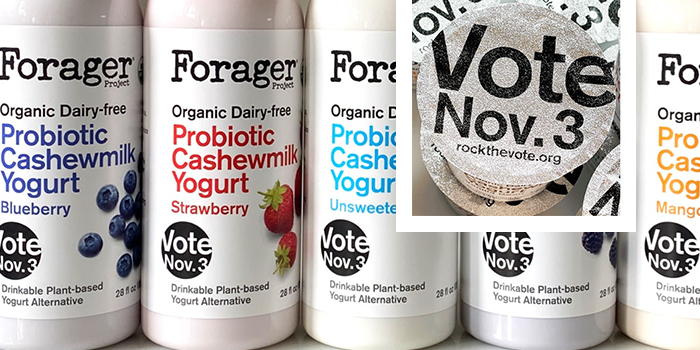
Forager Project Unveils Limited Edition Packaging to Mobilize Voters
Plant-based dairy and snack brand Forager Project has rolled out limited edition packaging for its yogurt, kefirs and milks as part of its “Cultivate Democracy” campaign to mobilize voters ahead of the 2020 presidential election.
Both the new packaging and its website landing page direct consumers to RockTheVote.org, a “nonpartisan nonprofit dedicated to building the political power of young people.” In a statement on its website, the brand said that it believes “organic plant-based food can make the world a better place.”
“Much like healthy soil is the foundation of organic food, we believe voting is the foundation of a healthy democracy,” the statement says. “Nurture the seeds of democracy and vote. Together, we can leave the world a better place than we found it.”
Forager Project is also offering employees a paid half a day off to vote, or a full day to work at a polling location.
“Democracy doesn’t work unless we have active involvement,” said Stephen Williamson, Forager Project Co-founder and CEO. “As a smaller company, Forager Project is excited to help plant seeds for people to participate and we want to inspire and invite everyone to vote and forage together for a better future.”
ACME Acquires Kings and Balducci’s
Albertsons Companies’ ACME won the bid process to acquire 27 Kings Food Markets and Balducci’s Food Lover’s Market locations for a purchase price of $96.4 million, the company announced in a press release this week. The stores will become part of Albertson Companies’ Mid-Atlantic division, and will continue to operate under their current banners.
The sale, expected to close later this year, comes after Kings and Balducci’s parent company KB US Holdings entered Chapter 11 Bankruptcy in August in order to facilitate the sale of the business following a $75 million stalking horse bid by investment firm TLI Bedrock, whose bid was ultimately topped by ACME.
Albertsons currently operates stores across 34 states and the District of Columbia under 20 different banners, including Safeway, Jewel-Osco and Shaw’s. Mid-Atlantic division president Jim Perkins said in the release that the company has a history of “managing small, differentiated chains that offer an elevated experience,” such as Andronicos and Haggens stores.
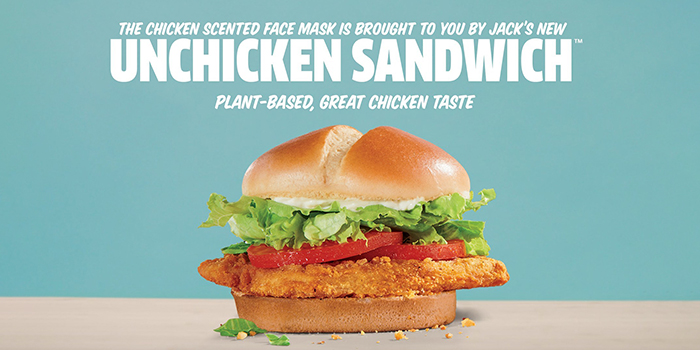
Raised & Rooted Launches “Unchicken Sandwiches” at Jack in the Box
Tyson-owned alternative meat brand Raised & Rooted and fast food chain Jack in the Box announced the launch of Jack’s Unchicken and Jack’s Spicy Unchicken sandwiches at select locations in Monterey and Salinas, California and Reno, Nevada. Available through December 12 for $6.99 each, the products are the first plant-based chicken sandwiches to be offered at a quick-service restaurant.
The launch is only the second chicken alternative to be launched by a fast food chain, following KFC’s Beyond Fried Chicken last year, created in partnership with Beyond Meat. In a release, Jack in the Box said that chicken sandwiches consistently top the list of most ordered delivery items, and during the pandemic, “chicken” has been the most tweeted about food.
Launched last year, Raised & Rooted offers pea protein-based nuggets and tenders, as well as blended angus beef and pea protein patties.
“We believe this is the best tasting plant-based product in the market today,” David Ervin, VP of marketing for the Raised & Rooted brand, said in a press release. “We are excited to be partnering with Jack in the Box to bring the delicious taste people have come to love from our plant-based Nuggets and Tenders, to even more people with the Unchicken sandwiches.”
